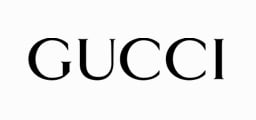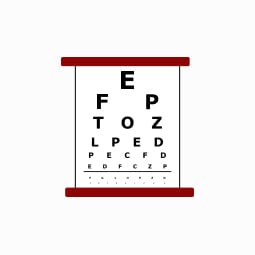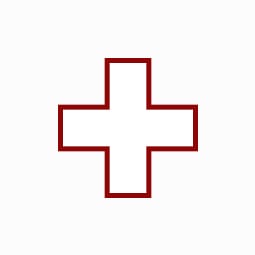Protecting Your Eyes Against Diabetes
Diabetes can affect different areas of your body, including your vision. It’s a vascular disease causing damage to the circulatory system of the body, including the eyes.
If you have type 1 or 2 diabetes, it is important to schedule regular eye exams to help protect your eyes from damage or vision loss.
At Eye on Evanston, your experienced eye doctor can identify early signs of diseases that can affect your vision and find a treatment to help you see your best.

Diabetic Eye Disease
Diabetic eye disease refers to a group of eye conditions that can be caused by uncontrolled diabetes.
Over time, uncontrolled diabetes can affect your eye health and vision. But, there are steps you can take to help prevent diabetic eye disease or keep it from getting worse. This can include:
- Come in for a yearly in-depth eye exam
- Manage your blood glucose, blood pressure, and cholesterol
- Quit smoking & exercise regularly


Diabetic Macular Edema
1 in 15 people with diabetes will develop diabetic macular edema. Untreated diabetic retinopathy can often lead to this.
Your eye’s macula is responsible for clear central vision. When blood vessels in the retina leak fluid into the eye it can cause the macula to swell. The swelling can lead to blurred vision and central vision loss.
Diabetic Retinopathy
Diabetic retinopathy is caused when high blood sugar damages blood vessels in the retina. It is the leading cause of blindness among working-age adults.
In the early stages of diabetic retinopathy, blood vessels in the retina weaken and bulge, causing tiny pouches to form. These tiny pouches can leak blood and other fluid into the eye which can cause swelling and blurred vision.
In more advanced stages of diabetic retinopathy, the retina begins to grow new and fragile blood vessels that can bleed and lead to dark spots in your vision.
Retinopathy is correlated with nephropathy (kidney damage) and other systemic vascular damage in people with diabetes. This is why routine dilated eye exams are paramount for the health of your eyes. Diabetic health checks are fully covered by Alberta Health.
Glaucoma
If you have diabetes, your risk of glaucoma significantly increases. Glaucoma is a group of eye diseases that can damage the optic nerve. The swelling from damaged blood vessels can put pressure on the optic nerve, affecting the clarity of your vision.
Cataracts
The lenses in your eyes are clear to provide sharp vision. If the lenses become cloudy, your vision becomes blurred. This is known as cataracts. People with diabetes are more likely to develop cataracts because high glucose levels can cause deposits to build up in the lenses of your eye.
Diagnosing Diabetic Eye Disease
When you need a detailed diabetic eye exam, our knowledgeable and friendly staff are here to help. We utilize modern technology along with our in-depth experience to monitor your eye health.
To help detect and diagnose diabetic eye disease we use fundus photography. A fundus camera is a specialized low-power microscope with an attached camera that can take a picture of the interior surface of your eye. Fundus photography can document retinal disease over time and help identify signs of diabetic retinopathy.
Another tool we use to detect diabetic eye disease is an optical coherence tomography scan (OCT scan). This technology provides cross-sectional images of the retina to help us measure the thickness of each layer and detect ocular diseases early.
Your Vision, Our Passion
Your eye health is our priority. We want to give you the tools you need for your best vision yet.
Book with us and see the difference.
Our Location
We are located in Evanston Plaza, just off Symons Valley Parkway and Evanston Drive. If you have any trouble finding us, give us a call!

Our Address
- #8110 2060 Symons Valley Pkwy NW
- Calgary, AB T3P 0M9
Contact Us
- Phone: (403) 457-9669
- Fax: (403) 457-9668
- Email: info@eyeonevanston.com
- Monday: 10:00 AM – 6:00 PM
- Tuesday: 10:00 AM – 6:00 PM
- Wednesday: 10:00 AM – 6:00 PM
- Thursday: 10:00 AM – 6:00 PM
- Friday: 10:00 AM – 5:00 PM
- Saturday: 10:00 AM – 4:00 PM
- Sunday: Closed

Our Eye Care Services
Our Brands












